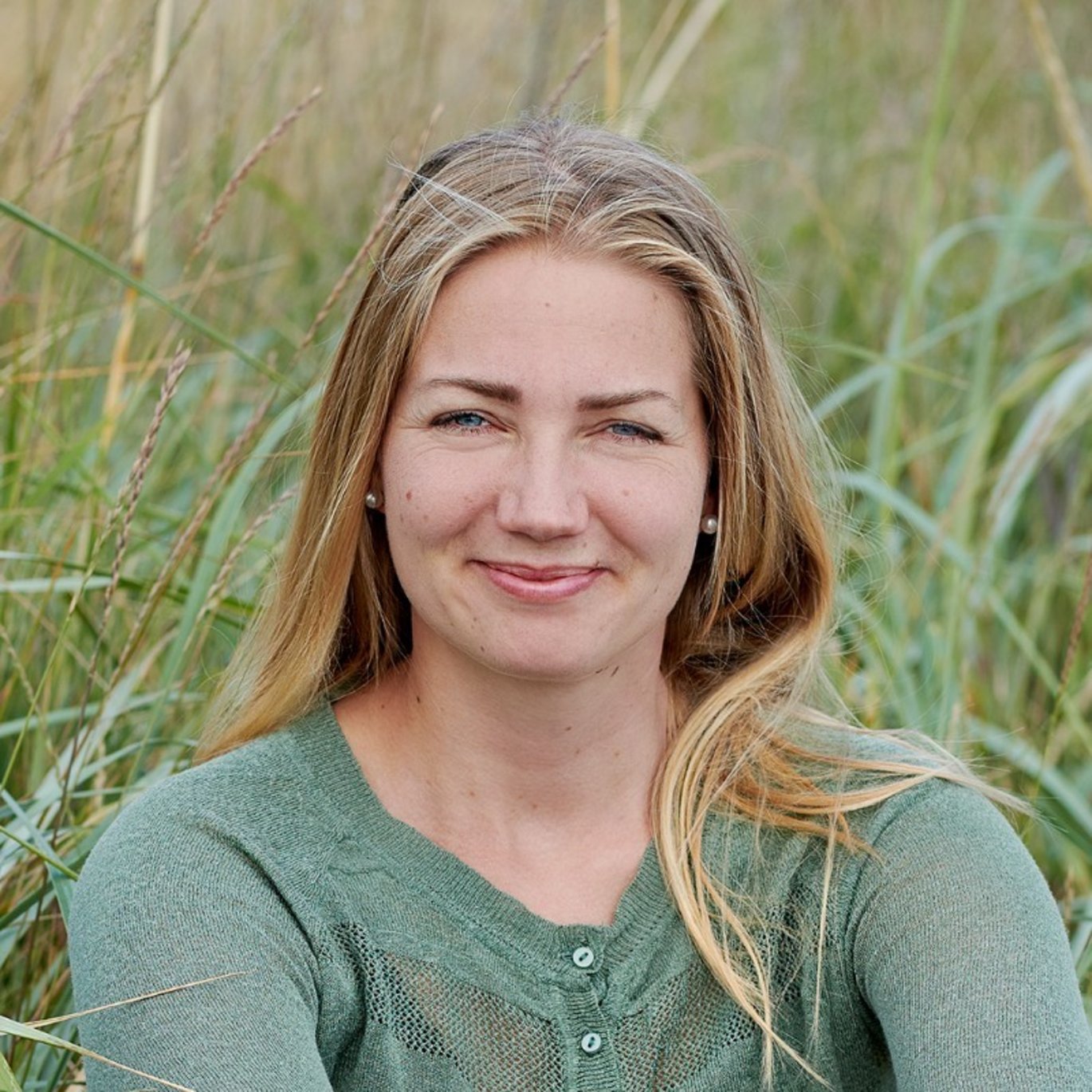Investments are pouring in for university entrepreneurs
A record number of entrepreneurs affiliated to the entrepreneurship hub at Aarhus University, The Kitchen, have attracted capital for their ideas. In just three years, the number of investments has almost doubled to reach a two-digit million figure.

Entrepreneurial researchers and students at Aarhus University succeeded in attracting a record amount of external capital last year.
In 2022 alone, they secured 85 new investments for knowledge-based companies affiliated with the university’s entrepreneurship hub, The Kitchen – almost double the number secured three years ago.
Such an increase in capital means that the university’s entrepreneurs received more than DKK 61 million in investments and grants last year. A new record.
Most of this capital came from investment funds aiming to boost business ideas within the green transition and for start-ups focusing on the pharmaceutical industry.
One of these companies is Cacta, where nutrition researcher Ida Grønborg and engineer Mads Skak Petersen have developed a new method to measure hydration levels in the human body. The two business partners met on the BioMedical Design innovation programme at Aarhus University but are currently focusing on their role as entrepreneurs.
Thanks to a capital injection from Innovation Fund Denmark, their salary is guaranteed for next year. They will now concentrate their efforts on further developing their technology and creating awareness of Cacta among even more investors.
“Our goals is to develop user-friendly medical devices that can measure fluid accumulations and, ultimately, detect a lack of fluid in the body. This money gives us the freedom to innovate our product and to prove that our project is financially sustainable,” says Ida Grønborg.
Investments create growth
External capital can be vital for a newly founded knowledge-based entrepreneurial company. This is the opinion of Jonas Brandt, who is lead business developer at The Kitchen. He warns against confusing knowledge-based companies with more traditional entrepreneurial companies, because they have a different growth curve.
“Knowledge-based companies are based on new knowledge and new ideas, which take longer to mature. And it can be difficult to assess the market conditions for these ideas during the startup period. This is why entrepreneurs in knowledge-based companies need an extra financial injection to get their business ideas off the ground,” says Jonas Brandt.
Jonas Brandt attributes the rapid increase in investments in companies at The Kitchen to the talent and tenacity of the entrepreneurs. But he also points out that many of the entrepreneurs believe that the university’s help in providing motivation, teaching and consultancy was a significant factor in attracting investment.
At Cacta, there is also no doubt that, as a new start-up, there are major benefits to being affiliated to the university's entrepreneurial hub.
“In our email signature, we write that Cacta is based at The Kitchen at Aarhus University. It gives us more authority to say that we’re affiliated with the university when we contact people regarding collaboration or funding,” says Ida Grønborg.
The entrepreneur also praises The Kitchen for creating a framework to offer advice and provide access to the right professional networks.
“This has both improved our applications to foundations and helped us make relevant professional contacts. As a result, we are in a stronger position to attract future investment,” says Ida Grønborg.
The Kitchen offers investment help to entrepreneurs in the form of
|
Facts: Investments in companies at The Kitchen in 2022
|